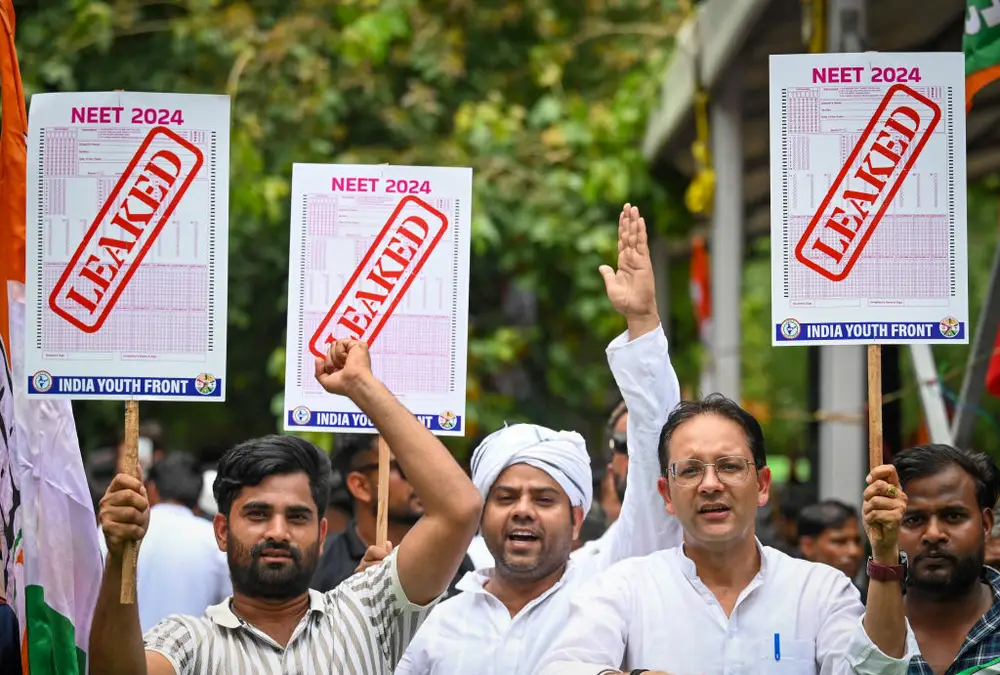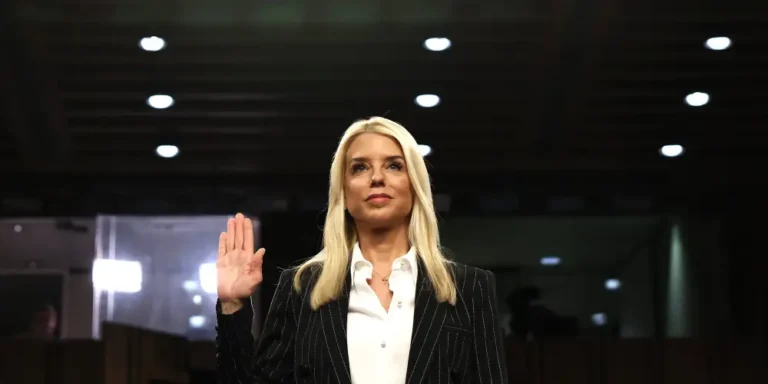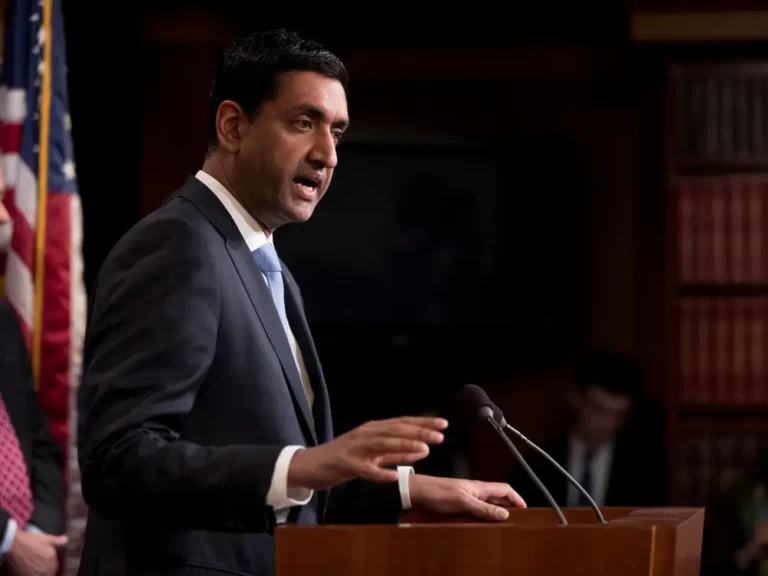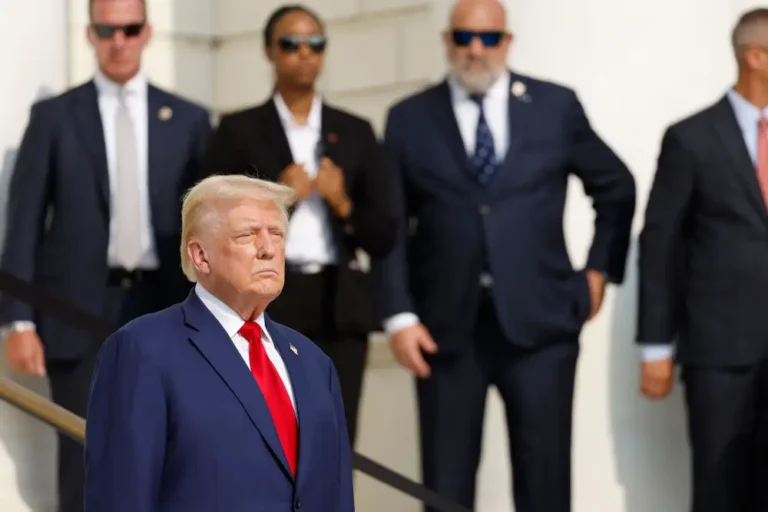India’s exam system is in chaos, with some families paying thousands to help their kids cheat

India has seen multiple protests related to alleged irregularities in its medical entrance exam.
India’s massive examination machine is floundering.
This year, the country’s primary testing body — the National Testing Agency (NTA) — has faced a series of controversies.
They range from exam delays and cancellations to more serious allegations of errors in questions and leaked papers.
While NTA officials have denied that any exam papers were leaked the federal education minister, Dharmendra Pradhan, told the BBC in June that “some irregularities” had been found.
Now, it seems some are taking advantage of the examination chaos.
According to the Wall Street Journal, some middle-class families are paying criminal gangs thousands to help their children get the upper hand on these exams.
Cheating in India’s medical entrance exam
Cheating has, in particular, plagued India’s highly competitive medical entrance exam, also known as the National Eligibility Cum Entrance Test (NEET).
This year, around 2.4 million students in India took the exam, competing for medical college seats totaling about 0.02% of that number.
“Very few people crack it on the first try,” one student, who asked not to be named for privacy reasons, told B-17.
She spent a year preparing for the undergraduate and postgraduate exams, respectively. During this time, she woke up at 4 a.m. and studied for at least 10-12 hours each day.
Some prefer to take an easier route.
The Journal found that several students had paid $15,000-20,000 to illegally look at the question paper before the exam. B-17 could not independently verify the figures.
The police made multiple arrests related to exam cheating after results showed that 67 people received perfect scores in the NEET exams this year.
“Question papers are sold at extravagantly high prices,” Ashok Rathore, a police officer who investigated cheating linked to India’s medical school exam, told the Journal. “It’s a nexus of desperate students, parents, tuition centers and printing presses.”
Leaked questions
One student told B-17 that several Telegram channels dedicated to exam prep saw messages encouraging students “struggling with exams and don’t have time for studies” to get in touch for “help.”
“My friend said he was asked to pay around 15,000 rupees ($180) to enter the private channel where they shared the questions,” she said.
B-17 reached out to the Telegram account offering “help”. The person said they can provide next year’s medical entrance exam questions for around 1 lakh rupees ($1,200).
High ranks in these exams mean coveted “seats” in medical colleges operated by the state and national governments.
Those with money can still legally obtain places in private medical colleges if they pay fees ranging from $115,000 to $145,000.
However, some students with the financial capacity prefer cheating and getting a government seat instead.
“It makes very good economic sense,” a senior medical advisor with knowledge of the matter told B-17. “The question paper will be given for about 25 lakh rupees (around $29,000). For that much, they get a free seat in a government college where they only have to pay around 16,000 rupees ($190) per annum.”
“For the entire five-year degree, that still only comes to around one lakh rupees ($1191), so of course rich students would rather do that instead of paying their way into private medical schools.”
Earning a ‘merit’ seat
The advisor — who preferred to remain anonymous but whose identity is known to B-17 — also said there is a significant amount of respect that comes with having “earned” a merit seat instead of paying their way into a private “management” seat.
“Unfortunately, there are very few objective metrics that people have as outsiders to judge the competence of their doctors, especially at a time when everybody in India sits with an MBBS board outside their clinic,” agreed Asish George, a doctor who cleared the entrance exam in 2014.
“For those people, the fact that someone cracked a highly competitive entrance exam and got in would inspire more confidence than someone who paid their way through the whole thing.”
According to the Journal, authorities in India have tried to install video cameras inside exam halls and increased their monitoring of social media to catch cheaters. But many are still finding ways to illegally gain the upper hand, at a high price.
The NTA did not immediately respond to a request by B-17 for comment.






